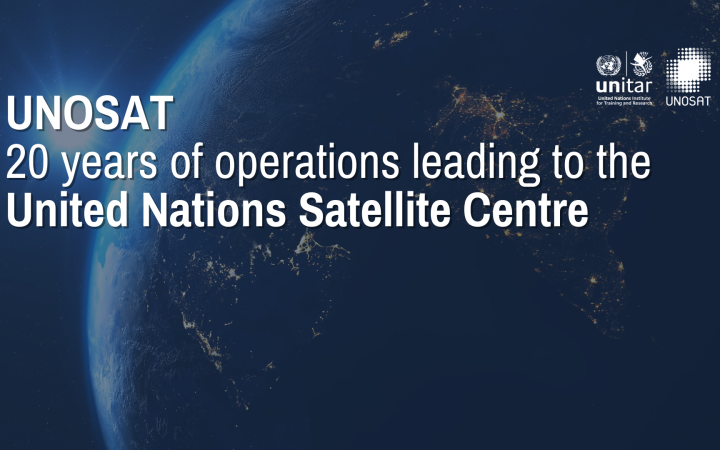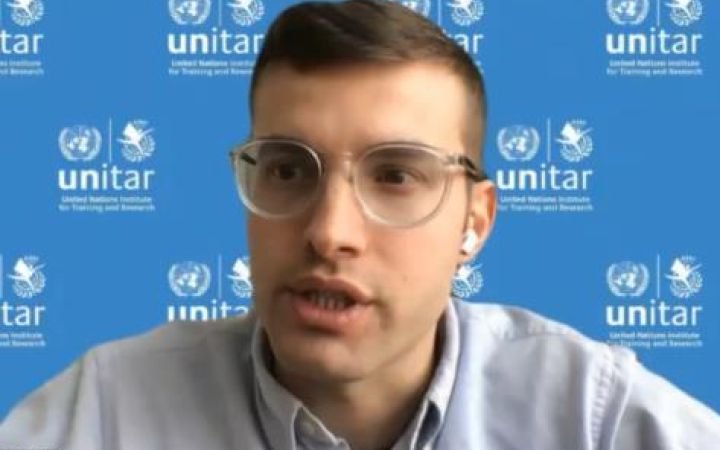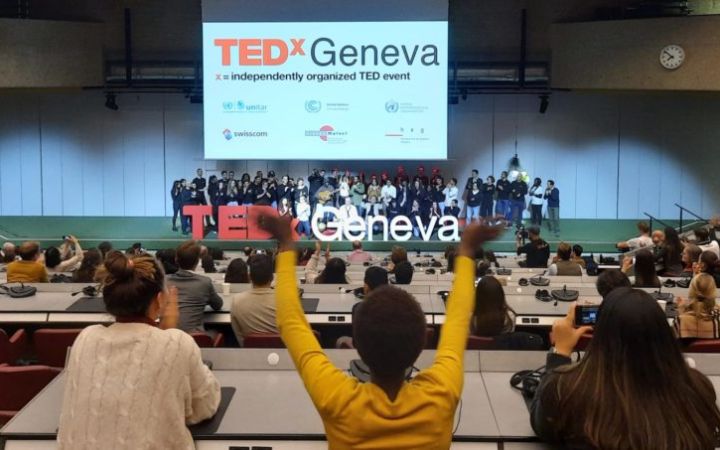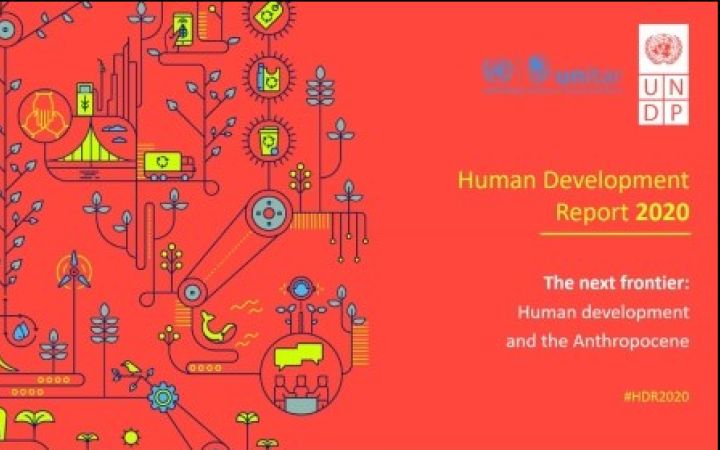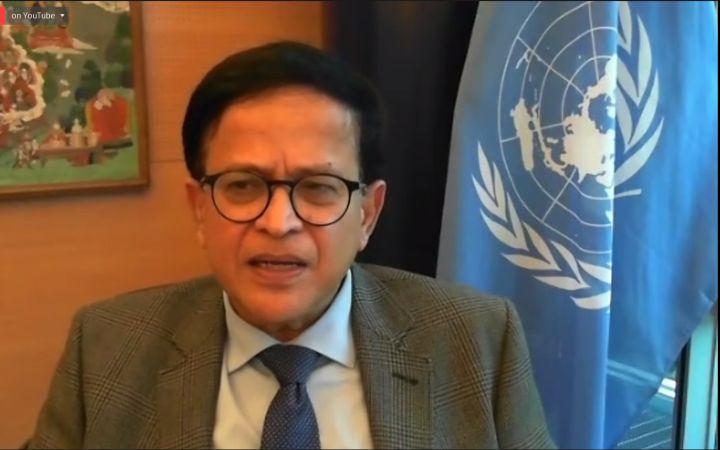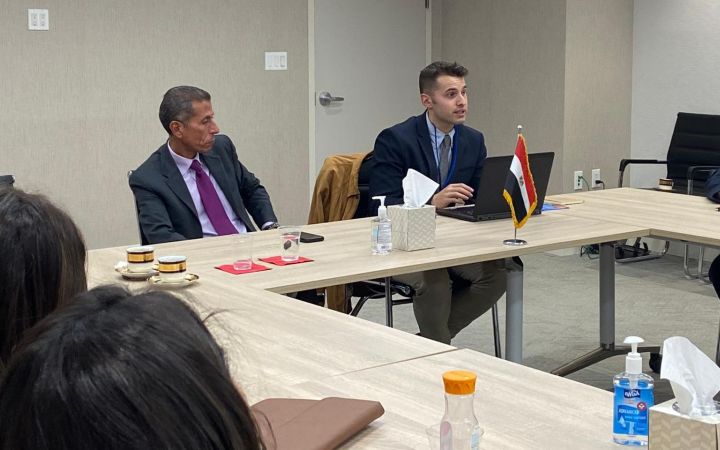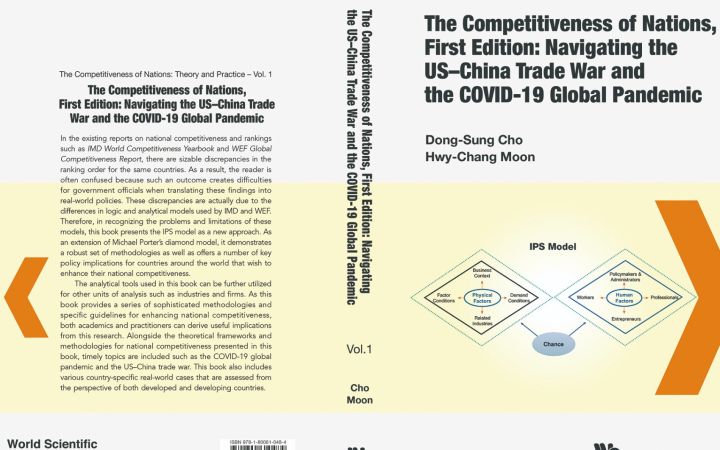Displaying 941 - 950 of 1643
On Thursday 25th November 2021, UNOSAT is celebrating the 20 years of operations leading to the United Nations Satellite Centre with an online event.
Ali was able to use the information from his own country to make informed judgements on how to negotiate and manage tax decisions for the population according to their business sector.
17 November 2021, New York, USA - The second session of the “Leadership & Self-Awareness Programme” took place with the collaboration of the United Nations Institute for Training and Research and Columbia Law School. This session was attended by approximately 210 participants and focused on self-awareness and how it feeds directly into the kind of leadership exercised in organizations.
17 November 2021, Geneva, Switzerland - UNITAR, WMO, UNFCCC and TEDx Geneva partnered up to organize a TEDx event that put youth and climate change in the spotlight. Read on to find out how a diverse line-up of youth activists, scientists, entrepreneurs and artists spread good ideas on how to scale up climate action.
16 November 2021, New York, USA – The United Nations Institute for Training and Research (UNITAR) New York Office partnered with the United Nations Development Programme (UNDP) Human Development Report Office (HDRO) to organize a workshop on the lessons learned from the Human Development Report 2020. The workshop was attended by approximately 130 participants who gained a better understanding of human development and how to mitigate the impact of human activities on the environment.
November 2021, Geneva, Switzerland - UNITAR’s Green Economy and Trade and Green Fiscal Policy e-courses have won the Gold Award in the Best Advance in Custom Content category of the distinguished Brandon Hall Group HCM Excellence Awards for 2021. The Award underscores UNITAR’s role as one of the main players globally providing state-of-the-art e-learning solutions and resources for free on green economy and climate change-related topics.
09 November 2021, New York, USA – UNITAR New York Office joined efforts with the Department of Economic and Social Affairs (UN DESA) to develop a hybrid event, “Sustainable Development Goals (SDGs) and Climate Change: Learning and Practice Opportunities”. The session was attended by approximately 93 participants virtually, and the discussion focused on how climate change intersects with the Sustainable Development Goals.
08 November 2021, New York, USA – UNITAR New York Office met with the Permanent Mission of Egypt to discuss further collaboration with the Institute for Diplomatic Studies for diplomatic personnel.
UNITAR, The Institute for Industrial Policy Studies (IPS), and the Taylor Institute at Franklin University Switzerland (FUS), have presented report results on National Competitiveness: Two rankings for each nation with low-cost strategy and differentiation strategy. The results of the IPS National Competitiveness Report were released on October 28, 2021, in a public conference of National Competitiveness organised by IPS and FUS, and co-hosted by UNITAR.
03 November 2021, New York, United States (Virtual) – The United Nations Institute for Training and Research (UNITAR) New York office, in partnership with Columbia Law School, kickstarted the three-event Fall 2021 presentations with Gender Equity in Peacebuilding and the Workplace on Wednesday 3 November. Garnering a total of 110 participants from around the world, the event successfully highlighted the struggles faced by women in the workplace, and how best to combat gender inequality in social settings, focusing on the workspace.


